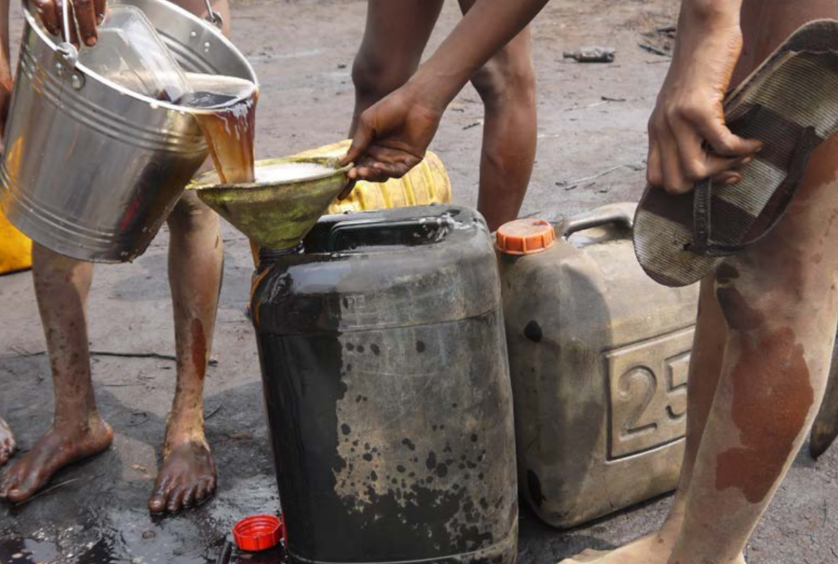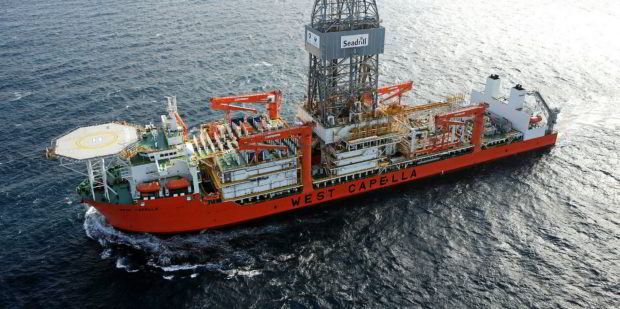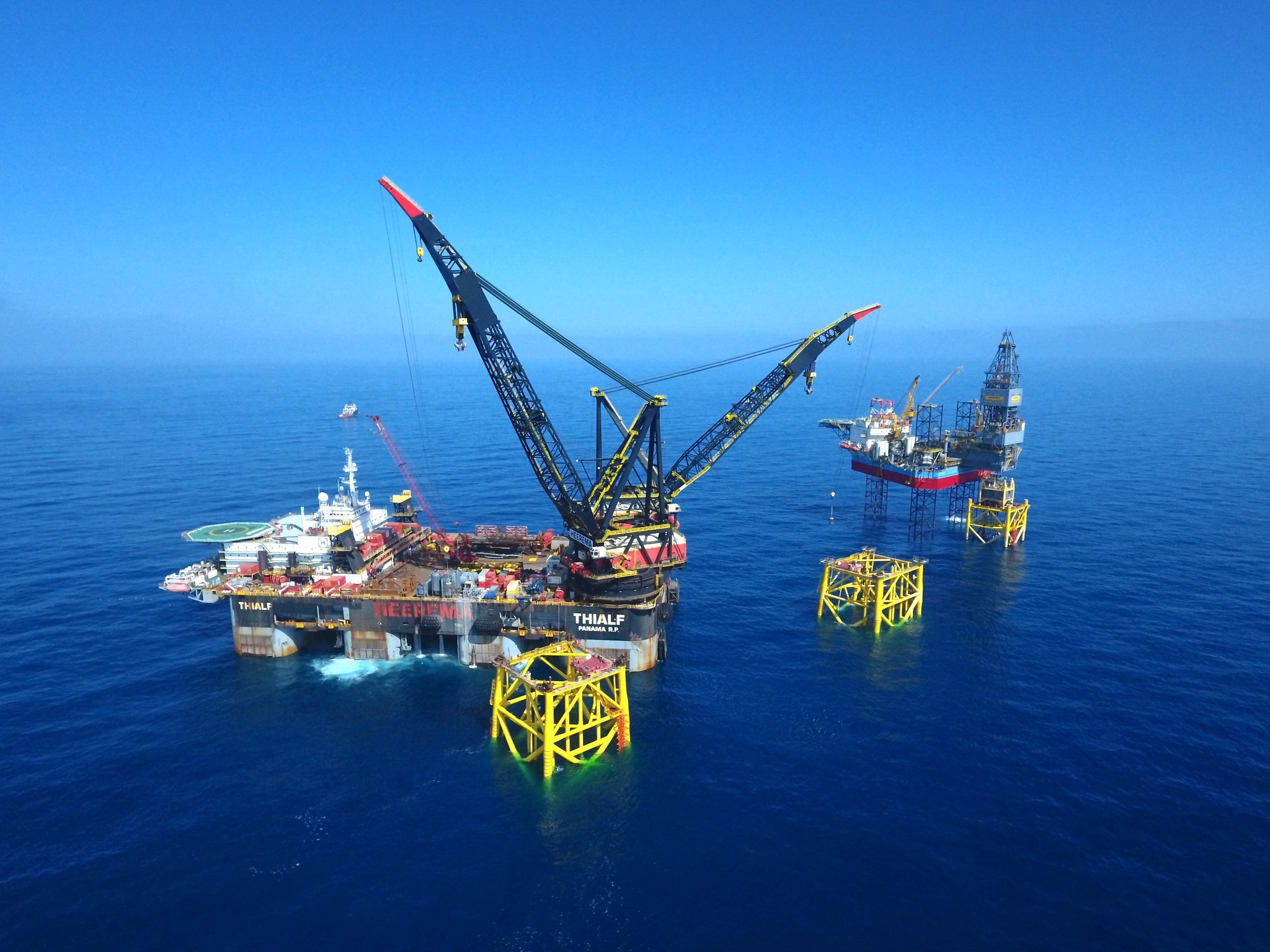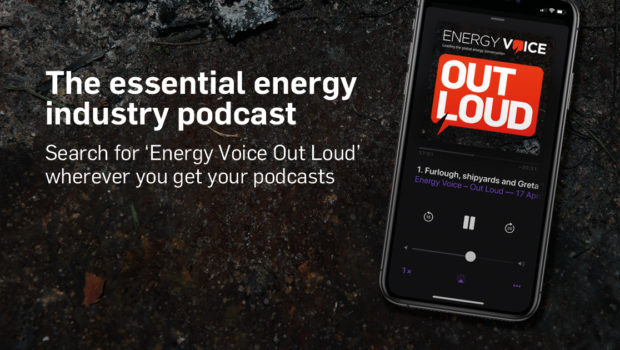
Imports into Nigeria of gasoline and diesel are of worse quality than fuels produced from illegal refineries in the Niger Delta, a new study from Stakeholder Democracy Network (SDN) has reported.
The SDN study drew a comparison between “official” products, legally imported into the country, versus “unofficial” products, made in simple refineries using crude stolen from pipelines. The group took 91 samples of diesel, gasoline and kerosene in 2019, from fuel stations in Rivers and Bayelsa states and Lagos.
Originally, the official fuels were intended to be used as a control for the study but SDN’s Calvin Laing noted that there were “concerning results” from these products.
Samples of unofficial diesel were reported as having sulphur levels of 1,523 parts per million, while official samples contained 2,044 ppm of sulphur. One official sample from an Oando station in Port Harcourt saw sulphur concentration of 3,020 ppm.
Levels were lower for gasoline, at 401 ppm from the unofficial sources and 429 ppm for official.
In the European Union, the sulphur limit for diesel and gasoline is 10 ppm. In Nigeria, standards are set at 3,000 ppm for diesel, 1,000 ppm for gasoline and with no limit on kerosene. New standards were set out in 2017 but have not been implemented.
Fuel quality is hard to enforce in Nigeria and rumours of blending are rife, SDN’s Alexander Sewell said.
“Nigeria exports high quality low sulphur crude and imports low quality high sulphur fuel, which is likely to be a major contributor to air pollution in the Niger Delta and more widely in Nigeria,” Sewell said, noting that private generators also run on diesel and gasoline.
Unofficial diesel is preferred locally, he continued, despite being more viscous as it seen as lasting longer. Gasoline “tends to be of better quality than official supplies, which supports consumer preferences. Artisanal producers boast they can produce very good quality fuel – and that is backed up by the results.”
Illegal refiners are less competitive when it comes to kerosene, though, the SDN report said. The fuel is in short supply while demand is high, but the market is tolerant of lower quality.
“Unofficial fuel is often blamed for air pollution in Port Harcourt, but that is not the full story,” Laing said. “This conveniently defers responsibility onto those working in the artisanal oil industry.”






